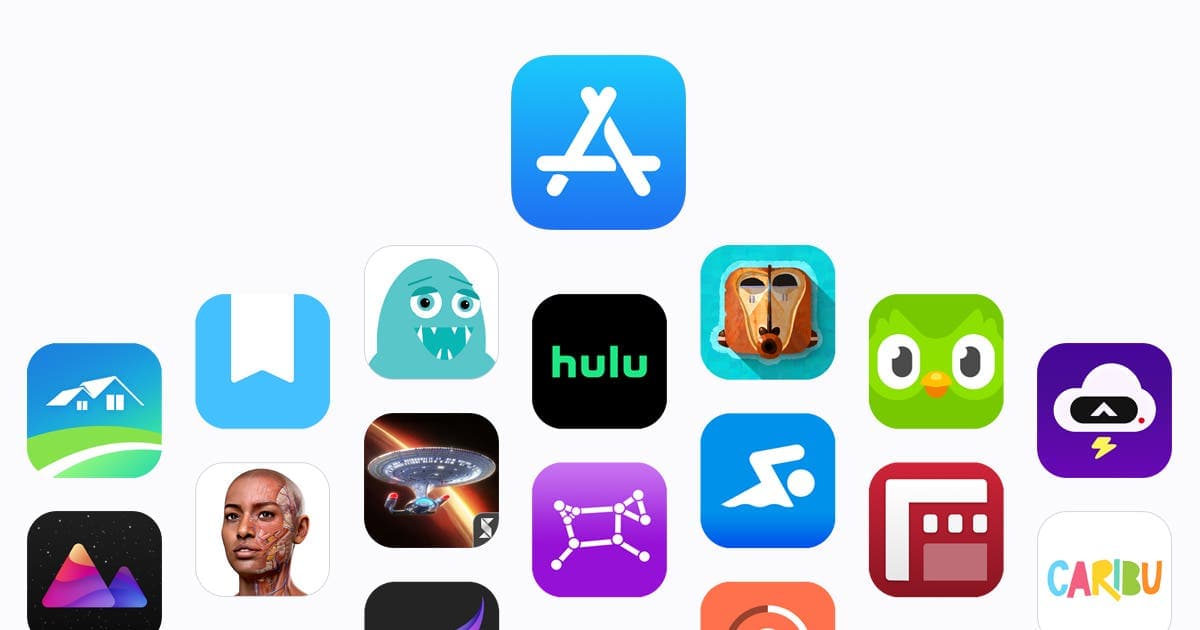RIA Novosti had previously reported that the Ministry of Digital Development of the Russian Federation was promoting legislation similar to the EU DMA Act. This law will require Apple to open up the ability to install third-party app stores to iPhone and other users. The Russian Ministry of Digital Development had planned to submit a similar bill to the State Duma in the first quarter of 2023. Please note that the State Duma of the Russian Federation Assembly, referred to as the State Duma, is Russia’s permanent legislative body, mainly responsible for drafting and enacting national laws.

Anton Gorelkin (Горелкин), deputy chairman of the Russian State Duma Information Policy Committee and chairman of the ROCIT board of directors, said that this move was due to the emergence of Russia’s local application market RuStore (iOS version). He said
“At present, relevant Russian departments have contacted the Americans on this (Referring to Apple executives) and reached a preliminary agreement: this option will allow them to stay in the Russian market and make money.”
However, he also expressed concerns about this. He believed that the bill may subject the Russian App Store to more sanctions, thereby causing greater trouble for Russian Apple users. He added
Another question is where this leaves us. After all, Russian app stores are likely to be subject to the next wave of sanctions. If the RuStore is blocked, we are unlikely to regain the ability to fully launch web applications. Wouldn’t this cause even greater trouble for Russian users of Apple devices? I hope that the Ministry of Digital Development will be aware of these risks and provide appropriate protection mechanisms in the draft law that is being drafted.
At present, neither the Russian government nor the State Duma has publicly stated its official position. It may be difficult for the corresponding bill to take effect in the short term.
Apple’s Compliance with EU Regulations
Apple is set to revolutionize its iOS ecosystem by allowing the installation of third-party app stores on iPhones and iPads, a move triggered by the stringent regulations imposed by the European Union (EU) set to take effect this year. This significant shift comes as a response to the Digital Markets Act (DMA) introduced by the EU, aiming to foster competition and empower users by reducing the dominance of tech giants like Apple.
Apple’s decision to permit alternative app stores on its devices is part of a broader effort to comply with the EU’s regulatory requirements. This move will enable customers to download third-party software directly onto their devices, bypassing Apple’s App Store and its associated restrictions, including the up-to-30% commission on payments.
Implications for Apple and Consumers
The implementation of this change will have far-reaching implications for both Apple and European consumers. While Apple has challenged some aspects of the EU rules, it is gearing up for a significant transformation in its app distribution model. The company will need to adapt its policies and systems to accommodate these new regulations, potentially impacting its revenue streams and market dominance.

Benefits and Risks for Consumers
For European consumers, this shift opens up new possibilities and freedoms in choosing how they access software on their devices. The ability to sideload apps from third-party stores can enhance flexibility and offer access to a wider range of applications that were previously restricted by Apple’s App Store guidelines. However, this newfound freedom also comes with risks, such as potential exposure to malware or harmful content.
Developer Perspective
Developers are also poised to benefit from these changes, with new opportunities for app distribution and payment processing. The introduction of more than 600 new APIs, expanded app analytics, and options for processing payments will provide developers with greater flexibility in reaching users within the EU market. However, developers will need to navigate the new landscape carefully to ensure compliance with the DMA regulations.
Conclusion
In conclusion, Apple’s decision to allow the installation of third-party app stores on iPhones and iPads, driven by the regulatory requirements of the European Union’s Digital Markets Act (DMA), marks a significant shift in its iOS ecosystem. This move reflects a broader trend towards fostering competition and empowering users by reducing the dominance of tech giants like Apple. The plans of Russia to enact a similar regulation come as no surprise. If this law is active in Europe, it was only a matter of time before other regions ask for the same law.
The implications of this change are multifaceted. For Apple, it necessitates a fundamental transformation in its app distribution model and necessitates adjustments to its policies and systems to comply with the EU regulations. While this shift may impact Apple’s revenue streams and market dominance, it also opens up new possibilities for European consumers and developers alike.
For consumers, the ability to sideload apps from third-party stores offers greater flexibility and access to a wider range of applications, albeit with accompanying risks such as exposure to malware. However, developers stand to benefit from expanded opportunities for app distribution and payment processing within the EU market, albeit with the need to ensure compliance with regulatory requirements.
As Apple navigates these changes and adjusts its strategies to align with regulatory frameworks, it underscores the evolving landscape of technology regulation and its impact on digital ecosystems worldwide. The move towards greater openness and competition in app distribution reflects broader efforts to balance innovation with consumer protection and market fairness in the digital age.





